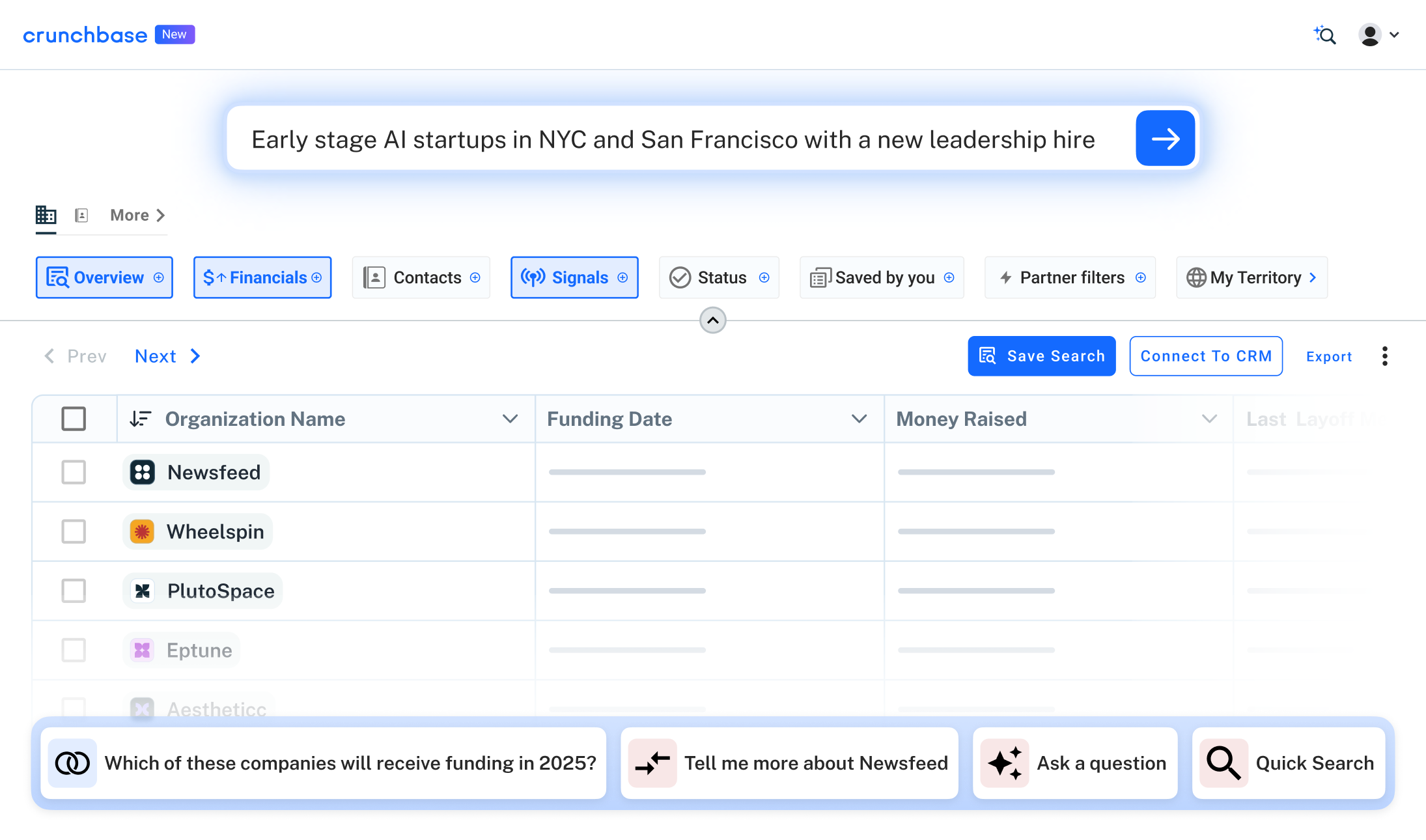Disclaimer: This is a not a warm and fuzzy “everything’s going to be OK” post.
I haven’t watched “Game of Thrones” but I believe the appropriate phrase is “winter is coming.”
I’ll be honest: it is.
No more templates.
No more tips.
No more tricks.
Failure is ahead.
It may come in a variety of ways:
- Your company goes out of business
- Your company has layoffs or furloughs and you’re affected
- You don’t make your OTE (on target earnings)
- You don’t get the promotion you were hoping for
There’s a very real chance that at least one of these things might happen in the next six months.
In the final part of this series, I’ll help you prepare for what’s to come.
Current state of startups
“Start-ups have always been risky, designed to grow fast or die, but the coronavirus pandemic is turbocharging Silicon Valley’s natural selection and causing a shake-up so sudden it has defied comparison. In just a few weeks, more than 50 start-ups have cut or furloughed roughly 6,000 employees, according to a tally by The New York Times.”
This is not an article we’re used to reading. Before COVID-19 hit, most news about startups covered an upcoming IPO or lofty acquisition. The narrative was all about the glitz and glamour of the startup life. People tend to forget that 90 percent of startups fail (according to Neil Patel, contributor, Forbes).
We all took a risk when we joined a startup so it shouldn’t be a big surprise if it fails.
OK, so you understand the risks. What should you be doing now?
Manage the ‘controlled variables’
Let’s start with you. These are what I call the controlled variables that you are entitled to worry about and should be aware of. All of this has to do with you and no one else.
Ask yourself three questions:
- Do I believe in the product(s) I’m selling?
- Do I believe in my leadership team?
- Do I believe in myself?
If you answered no to any of the questions, you might want to consider changing your settings on LinkedIn to “Open to New Opportunities.” It’s not fair to you or your company.
If you’re still reading this, I assume you’re all in. You want to do everything possible to brace for failure. Now, that’s the spirit.
Brace for the worst, now
Before you wrap up your day today, grab a sticky note and write “I will be fired tomorrow at 9 a.m.”
Stick it on top of your laptop.
Sleep on it.
When you get up in the morning, do your normal routine, but put a fake meeting on your calendar (or block) for 9 a.m.
Sit at your computer at 9 a.m. and pretend your manager calls you and says you just got laid off.
Then, rip up the sticky note and come back to reality.
What’s the point of doing this?
- Brace yourself for the reality that you may get laid off. Start thinking about what you would do tomorrow if you were laid off.
- Be grateful as hell that was just an exercise and you still have a job. And count your blessings every day moving forward that you remain employed.
Uncontrolled variables
You wake up at 2 a.m. and start asking yourself questions like:
“How is my company going to survive COVID?”
While it’s admirable you’re a team player and thinking about this, you shouldn’t be losing sleep over it, because it’s an uncontrollable variable. You said above that you believe in your leadership team–let them do their jobs and trust that they will make the right decisions for your company. Other examples of uncontrollable variables include the state of the economy, vaccinations for COVID-19, and your clients’ companies. All the worrying in the world won’t solve any of these, so just let it go.
Other things to avoid
1. Jealousy
“Why did Leslie get that inbound lead?”
“How did Joe land that meeting with Acme?”
It might be tempting to start snooping to see who is doing well (or not doing well). Stop spending your time being a hall monitor and worry about your own KPIs. Jealousy will only fuel your anxiety.
2. Blaming others
“My territory sucks.”
“No one is picking up the phone.”
I’ll tell you a little secret: Management knows how difficult it is right now. They are keeping tabs on everything and see who their fighters are. While you have every right to complain and blame others, don’t. If you have a valid case for an issue with your territory or leads, present it in a meaningful way with verified factors (and data) without opinions.
The secret weapon to dealing with stress
Some of the greatest salespeople I know have a well-kept secret that keeps them sharp and on their game, quarter over quarter. It’s free and you can start doing this tomorrow.
Any guesses?
They have hobbies.
Hobby (noun): an activity done regularly in one’s leisure time for pleasure.
And no, Netflix and cooking doesn’t count.
I mean an activity you do on a regular basis for pleasure that has nothing to do with work (imagine that?!).
Personally, I love surfing. When I’m in the water, everything slows down. The only thing on my mind is the ocean and it requires both concentration and patience. Does surfing make me a better salesperson? Maybe not. But it does release stress and anxiety, both of which I deal with (like every other person in sales). I always feel refreshed when I get out of the water, even if I don’t catch any waves (that happens often).
In addition to releasing stress and anxiety, hobbies will actually make you smarter. For example, people who read fiction books may show higher levels of empathy and emotional intelligence (according to studies in the Public Library of Science and the Journal of Research in Personality). It challenges your brain in ways outside of the same BANT questions you have ingrained in your mind.
And, if your life is consumed completely by work, what happens if shit does hit the fan and you lose your job now? Will your entire life lose its meaning? Or will you have meaningful hobbies to keep you feeling in control of some part of your life and still give you value?
Whether you try painting, gardening, or start writing a fiction novel, do something on a regular basis that brings you pleasure and stimulates your mind. It will pay dividends on your health.
Final thoughts
I’ve tried to refrain from motivational quotes, but this one is fitting:
“This too shall pass.”
A few things that I’m doing to cope with this:
- Work twice as hard but expect the same output.
- Have a daily reminder to be thankful that you have a job.
- Have a live conversation with a prospect or client every single day and keep a tab of your learnings. Strive to learn everyday.
- Pick up a hobby. Bring passion and value into your life outside of your 9-5.
Worry about the controllable factors; be at peace with the fact that uncontrollable factors may affect you.
And that’s a wrap for my 5-part series, “Miracle Grow: Sales Pipeline Edition.”
I’m here as a resource if anyone wants to chat. Seriously, I’ll respond if you reach out: shamus@crunchbase.com
Genuinely, thank you for reading. More content to come.
Until then, godspeed.
✌🏻
Shamus (the sales guy)
Let’s keep the conversation going: @shamu5noonan, Shamus Noonan
Find this article helpful? Check out the rest of this series!
.svg)







